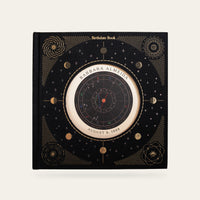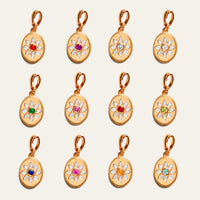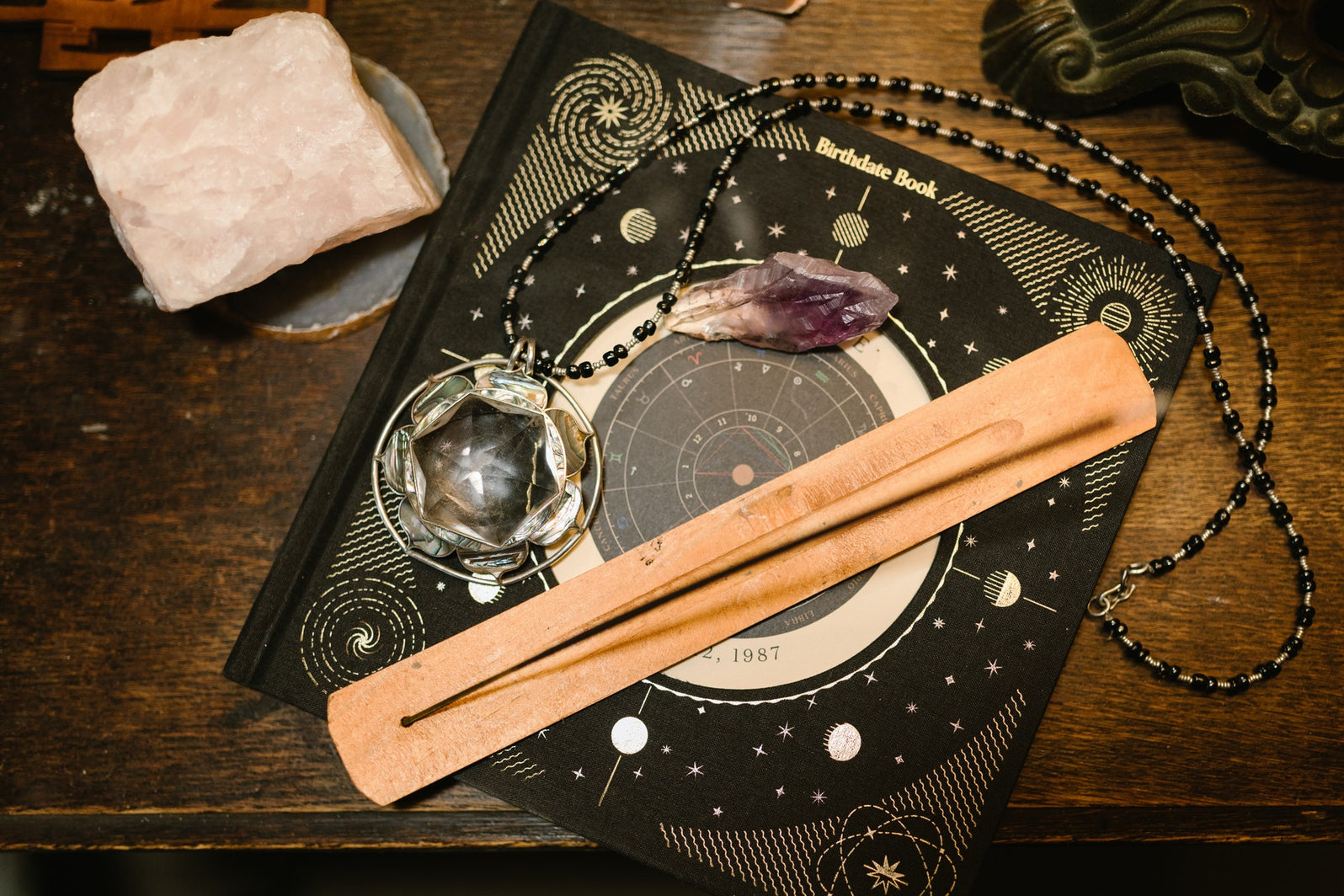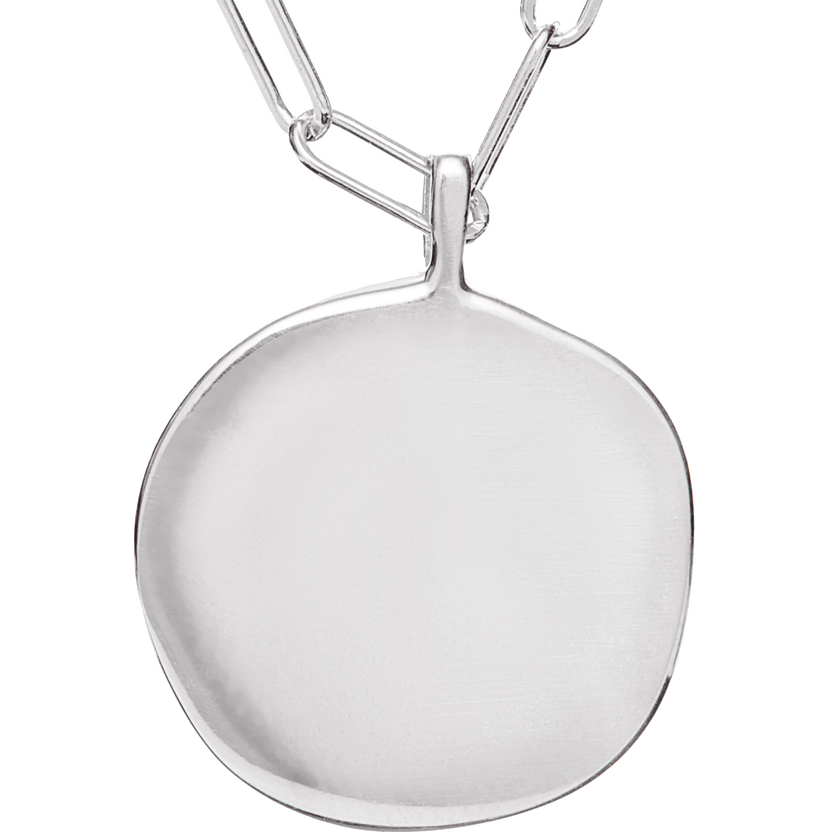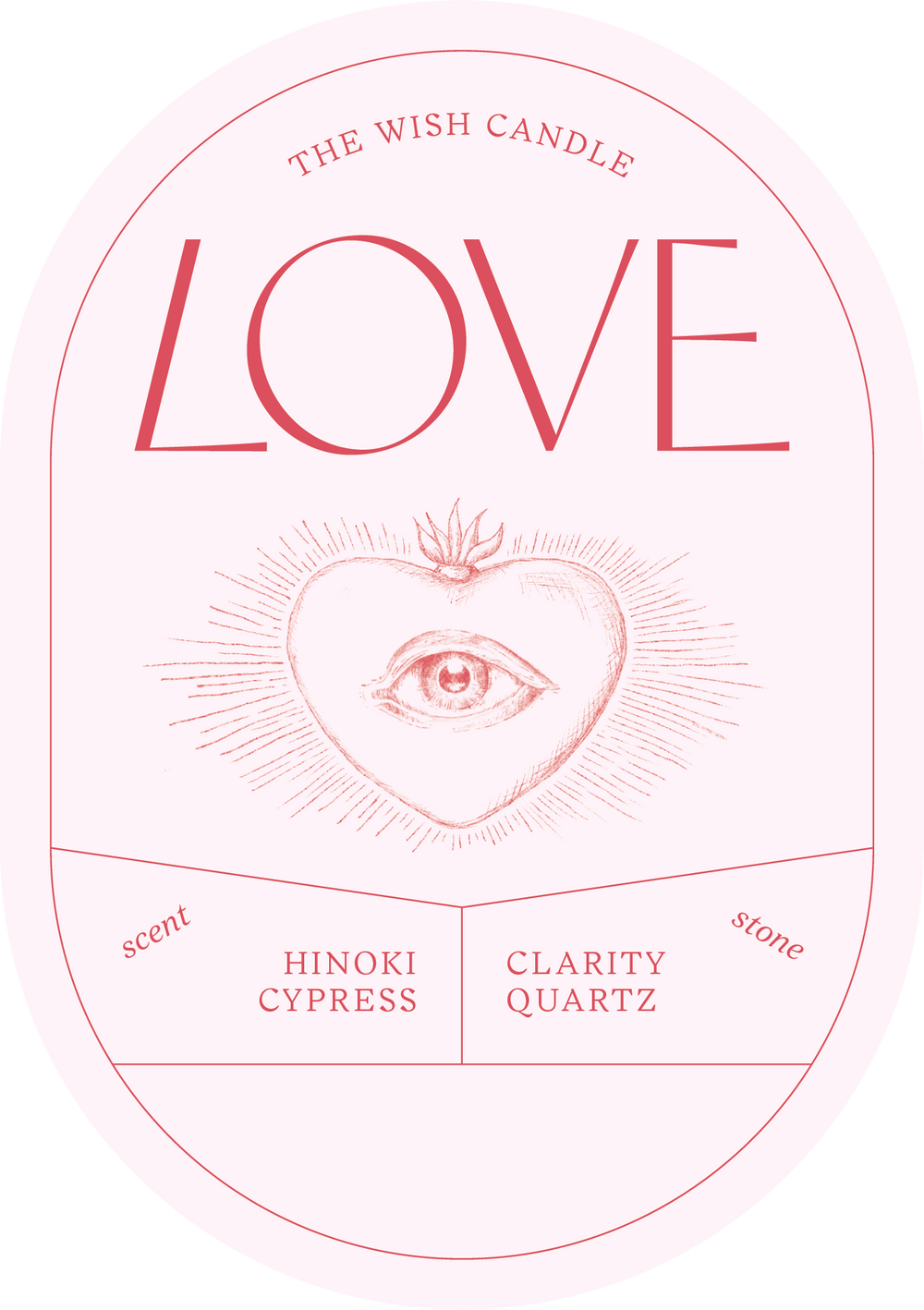Most are familiar with the traditional zodiac signs and have a general understanding of their characteristics. But very few people are aware that there are other zodiacs out there, each with its own interpretation of astrology and how it can impact our lives.
There is the Chinese zodiac, the Tropic zodiac, the Sidereal zodiac, and the multiple subsets of the Indian zodiac. In this article, we’re going to focus on the Greek zodiac, and if you want to learn more about your specific sign, check out our Birthdate Book. This gorgeous, personalized book gives you pages and pages of unique information about your zodiac sign and what it means for you.
How Many Signs Are Included In The Greek Zodiac?
Just like Western astrology (what we call the type of astrology commonly used here in the United States), the Greek zodiac also has 12 signs.
However, each of the Greek zodiac signs is connected to a god or a goddess from ancient Greek mythology. The signs are the same, but their correspondences are slightly different.
Aries (March 21st to April 20th)
Aries is where the zodiac begins. It’s perfect, really, because this time period marks the beginning of so many things, the most obvious one being the spring season. Spring is the season of rebirth when the flowers start popping up, and everything seems fresh and exciting.
Aries is still considered the Ram, but in the Greek zodiac, the story behind the name is related to the story of the Golden Ram. While you may not be familiar with the ram, you may have heard of the other people involved in the story—Jason and the Argonauts, which is probably one of the most well-known stories in all of Greek mythology. The Golden Ram, or Crius Chrysomallus, was a silent hero, saving multiple lives before ultimately being sacrificed for its golden fleece.
As a reward, the golden fleece was added to the sky by Zeus, becoming the constellation now known as Aries.
Taurus (April 21st to May 21st)
Next up in the Greek zodiac is Taurus. In Western astrology, The Taurus is known as the Bull, but it is from Greek astrology that the nickname draws its origin story. Have you ever heard of a Minotaur? This creature is part bull - with the upper body of a man and the lower body of a bull.
The Minotaur terrorized the country of Greece from his labyrinth in Crete, and people were selected to be sacrificed to him regularly to keep him from attacking indiscriminately. One of those people was a man named Theseus, who volunteered himself for the process. With the help of the legendary heroine Ariadne, he slew the Minotaur.
Gemini (May 22nd to June 21st)
The Greek zodiac myth of Castor and Pollux is where the story behind Gemini comes from. However, their lineage can get a little complicated, as they were born from two eggs birthed from the same mother (Lena) and different fathers (one Zeus, the other a mortal king named Tyndareus).
Castor and Pollux grew up incredibly close, even though one was mortal and the other divine. They were so close that they were known by a single nickname; the Dioscuri. They eventually joined Jason and the Argonauts, earning a reputation for being able to calm rough seas.
When Castor, who was mortal, was killed, Pollux couldn’t live without him and asked to be able to live in the underworld as well. Zeus felt sorry for them, so they were allowed to split their time between Olympus and Hades. That’s why they are also together in their constellation, so they never have to be separated again.
Cancer (June 22nd to July 23rd)
So many of the stories behind the constellations and astrology related to Hercules and Cancer are another.
When he was assigned to kill Lerna Hydra, a monstrous snake with a hundred heads, his enemy, Hera, sent a crab to help the hydra fight back. As the crab sunk his claws into Hercules’s feet, he was crushed to death.
For his troubles, Hera honored the crab by giving him a place in the constellations for eternity.
Leo (July 24th to August 23rd)
Leo was named after a creature that is also important to the legend of Hercules, the Nemean Lion. This was Hercules’s first big challenge and, after he came out victorious, he skinned the lion and wore its pelt as a prize.
The pelt ended up having magic of its own, protecting Hercules from any injury from a manmade weapon.
The Lion was honored as well, earning a place in the stars.
Virgo (August 24th to September 23rd)
The Virgo Greek zodiac mythology is related to the Greek goddess of the harvest, Demeter, and her daughter Persephone.
Their story was used to explain why the seasons changed. They were honored to continue the blessings of bounty right before the weather turned cold.
Libra (September 24th to October 23rd)
The Libra Scales of Justice is a nod to the original goddess of justice, Dike (who was also a goddess of the underworld). The constellation placement is perfect, as day and night are equal during the time that the sun passes through it. It also shows just how much the Greeks believed in equality.
Scorpio (October 24th to November 22nd)
The most popular story about where the Scorpio constellation came from is related to a man named Orion (who you may know from the famous Orion’s belt).
The legend goes that one day, while out hunting, he happened upon the seven beautiful daughters of Atlas and Pleione. He became immediately obsessed and began to chase them, scaring them and making them call for help. Zeus heard their cries and helped them escape by turning them into doves, while Orion was punished by being stung by a scorpion.
Although Orion was turned into a constellation, so was the scorpion, just behind him in constant pursuit.
Sagittarius (November 23rd to December 21st)
Much like the Minotaur, Sagittarius was named after a creature named a centaur, half-man, half-horse. While Sagittarius is commonly known as the Archer, that name comes from the king of the centaurs, known as Cheiron.
Cheiron was the son of the sea god Poseidon and was taught by Apollo and Artemis, where he learned all he knew. He then later taught others, namely Hercules and Jason. Cheiron ultimately came to a sad end. He was accidentally hit by one of Hercules’s poison arrows and was allowed to give up his divine status and die with dignity instead of suffering in constant pain forever.
He is also honored by his own constellation.
Capricorn (December 22nd to January 20th)
Much like the Minotaur, Capricorn is yet another mythological being that is half one creature and half another. In this case, Capricorn has the tail of a fish and the upper body of a goat, making him a sea god.
Unlike most of the other stories in Greek mythology, though, Capricorn was never a living creature. Instead, he was created in the stars to honor Amaltheia, the goat nymph who helped to raise Zeus as a baby.
He took one of her horns and made it into the horn of plenty, a vessel that is never emptied and constantly refills with anything its owner desires.
Aquarius (January 21st to February 19th)
Aquarius, or the water bearer, is thought to come from the story of Ganymede, who was the son of the king of Troy. Ganymede was known for being incredibly handsome, which drew the attention of Zeus. Zeus was so obsessed with Ganymede that he turned himself into a giant eagle so he could fly down and take Ganymede back with him to Olympus.
Once they arrived in Olympus, Zeus gave Ganymede the official job title of being his cupbearer. The cupbearer was a very prestigious job, as the one who poured the nectar into the cups of the gods and goddesses, which gave them eternal life.
Ganymede did such a great job, and Zeus was so fond of him that he earned his place in the stars as the constellation of Aquarius.
Pisces (February 20th to March 20th)
The symbol for Pisces, which is two fish swimming against each other, is related to the Greek goddess Aphrodite.
There was once a horrible monster named Typhon, said to be the most terrifying ever born. In fact, instead of feet and lower legs, Typhon had coiled snakes. When this monster was let loose on Olympus, the existing gods and goddesses disguised themselves in an attempt to get away.
Aphrodite and her son, Eros, decided to jump into the ocean, where they turned into twin fish.
After Typhon was captured and it was safe to return to their original forms, Aphrodite and her son Eros wanted to honor the fish that helped save their lives. They showed their appreciation by allowing Pisces to become the final constellation in the zodiac. If you’re a Pisces, you can show your appreciation by checking out our selection of Birthdate candles.
In Summary
Greek mythology is fascinating, and when you know the stories behind the Greek zodiac, it can help you appreciate your own sign even more. Learn everything you’ve ever wanted to know with Birthdate Co., as we give you not only insight into your own personality but also the perfect gift for anyone who loves astrology.
Sources:
Aries Constellation: Facts About the Ram | Space
Pisces Constellation: Facts About the Fishes | Space

Birthdate
Candle
The Birthdate Candle
A candle crafted for the day you were born
We combined astrology, numerology, and tarot to create 365 beautiful candles — one for every birthdate. Each candle and has a fragrance carefully designed to enliven your spirit.

